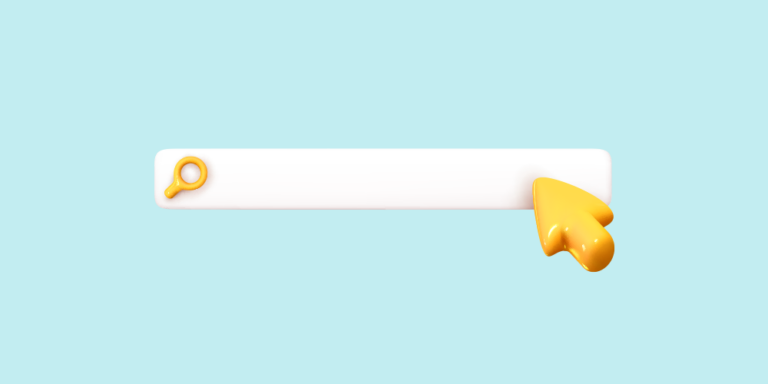Learn How to Blog and Build Websites for Profit!
Get access to exclusive, actionable content that can’t be found anywhere else! Our no-fluff newsletter delivers practical tips straight to your inbox twice a month. Don’t miss out on this opportunity, sign up today!
Find а solution verified by HeyBlogging.
Web Hosting
Compare top hosting providers and choose the best one according to your needs.
Website Builders
No code website builders, come with their own pros & cons, before making your decision, check out these reviews of the best website builders in 2023.
WordPress Themes & Plugins
Thousands of WordPress plugins out there, Which one is the best? Find out here:







![7 Best WordPress Popup Plugins [Free + Pro] Best WordPress Popup Plugins](https://heyblogging.com/wp-content/uploads/2023/01/Best-WordPress-Popup-Plugins-768x384.png)
